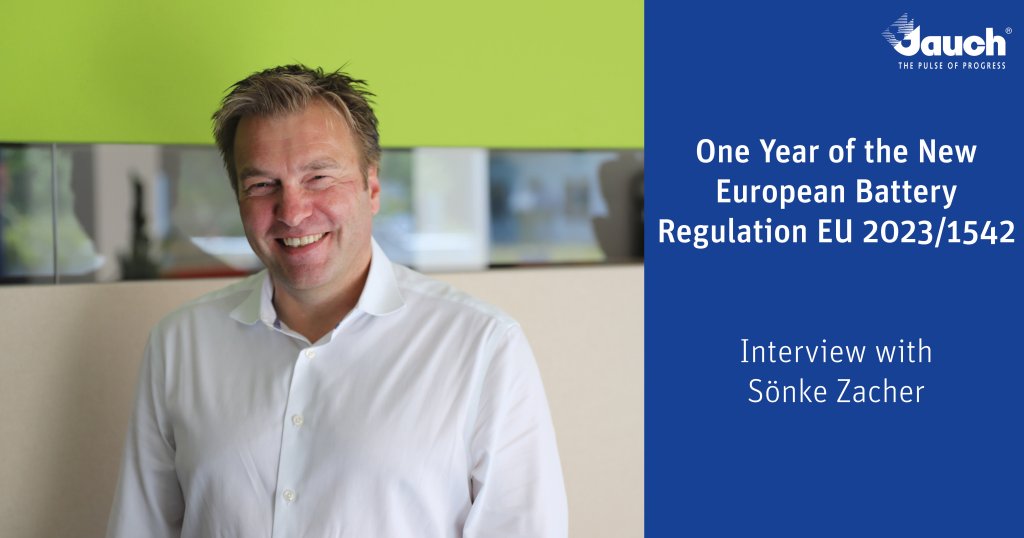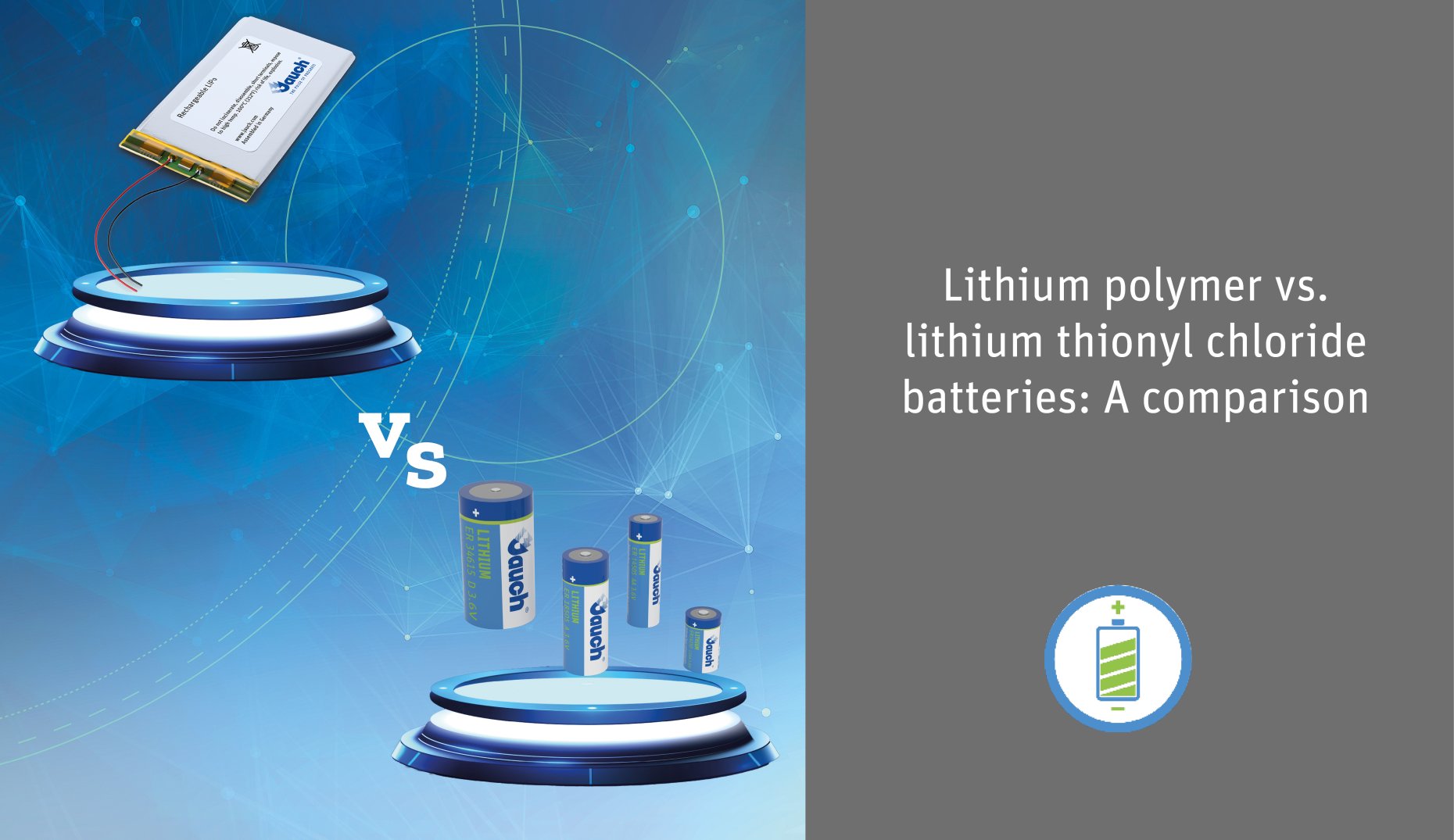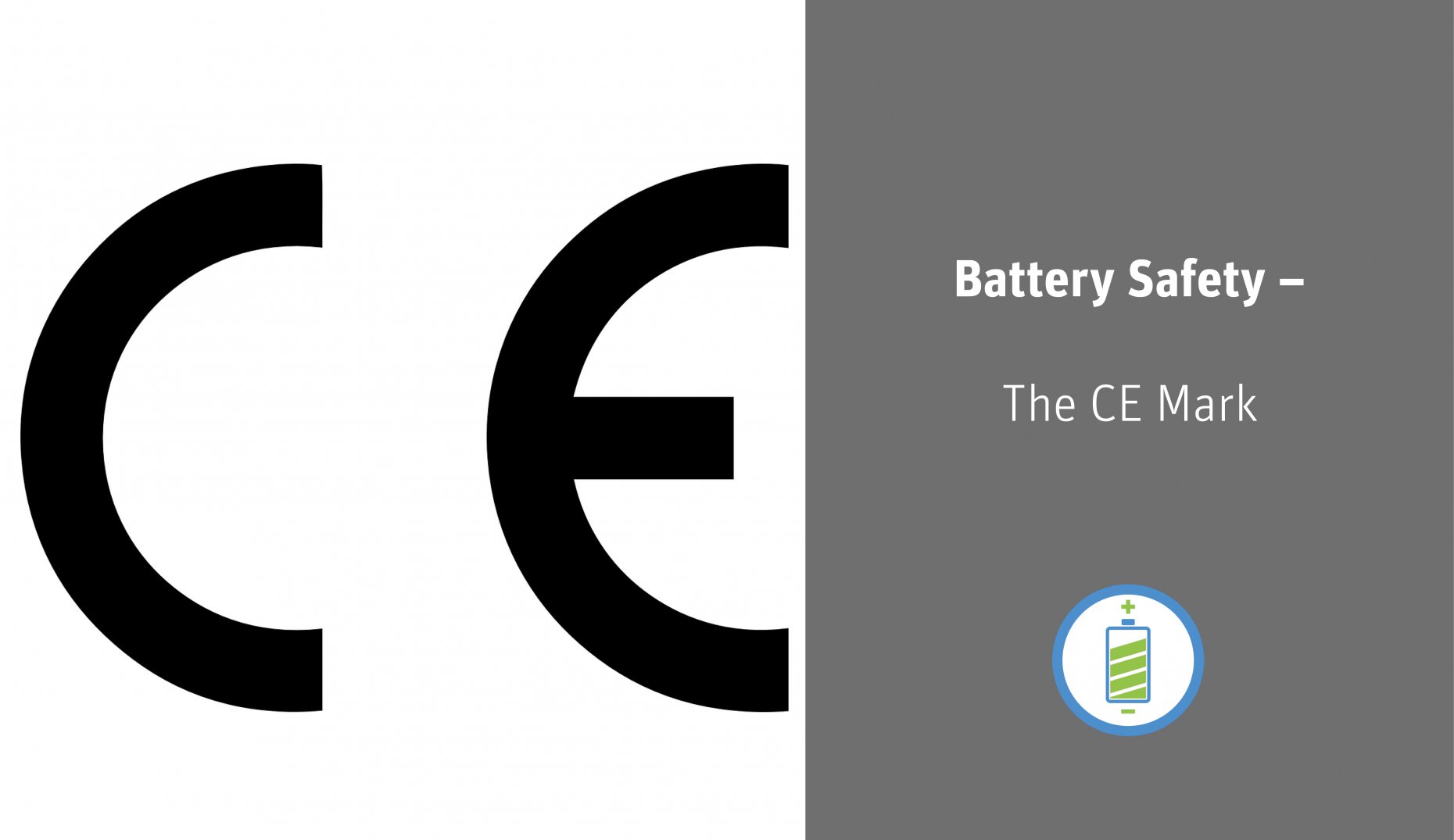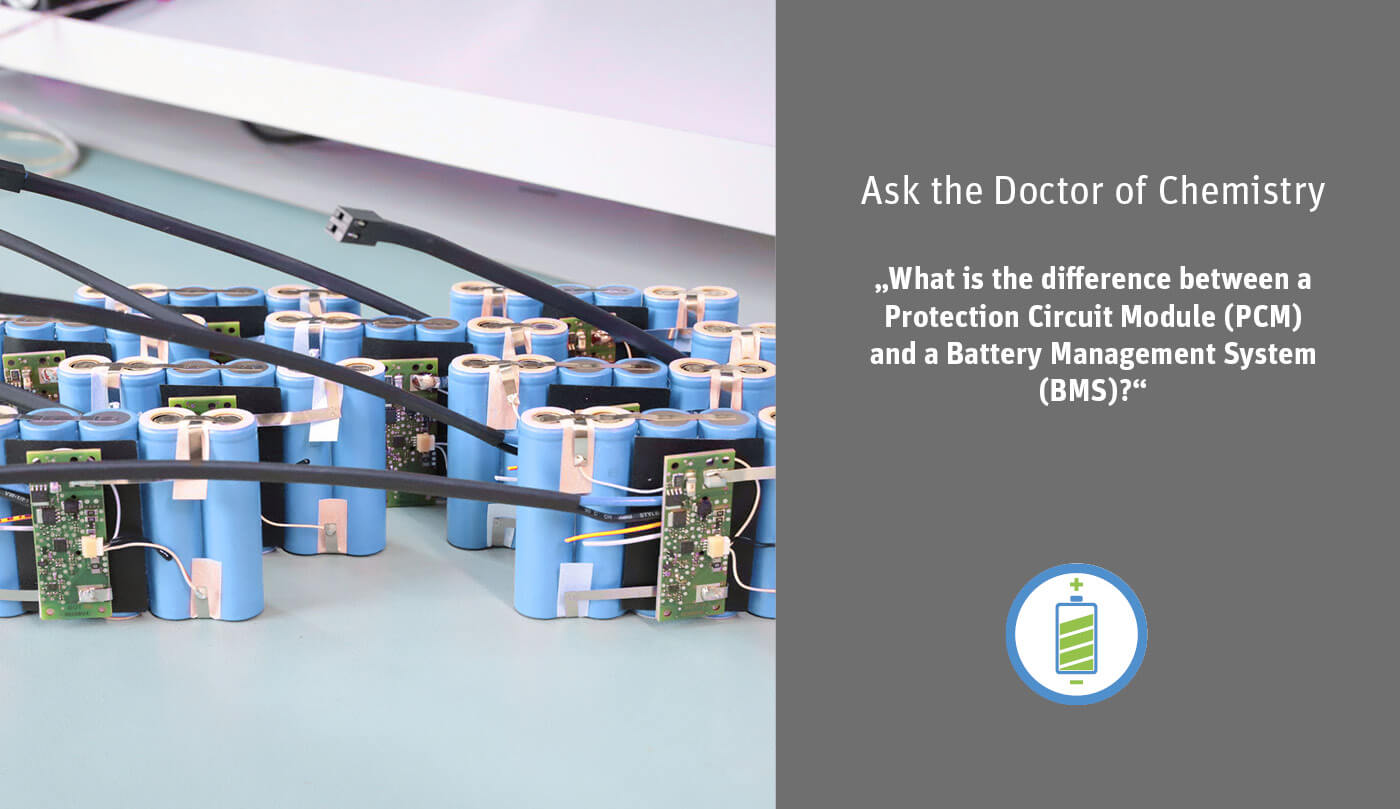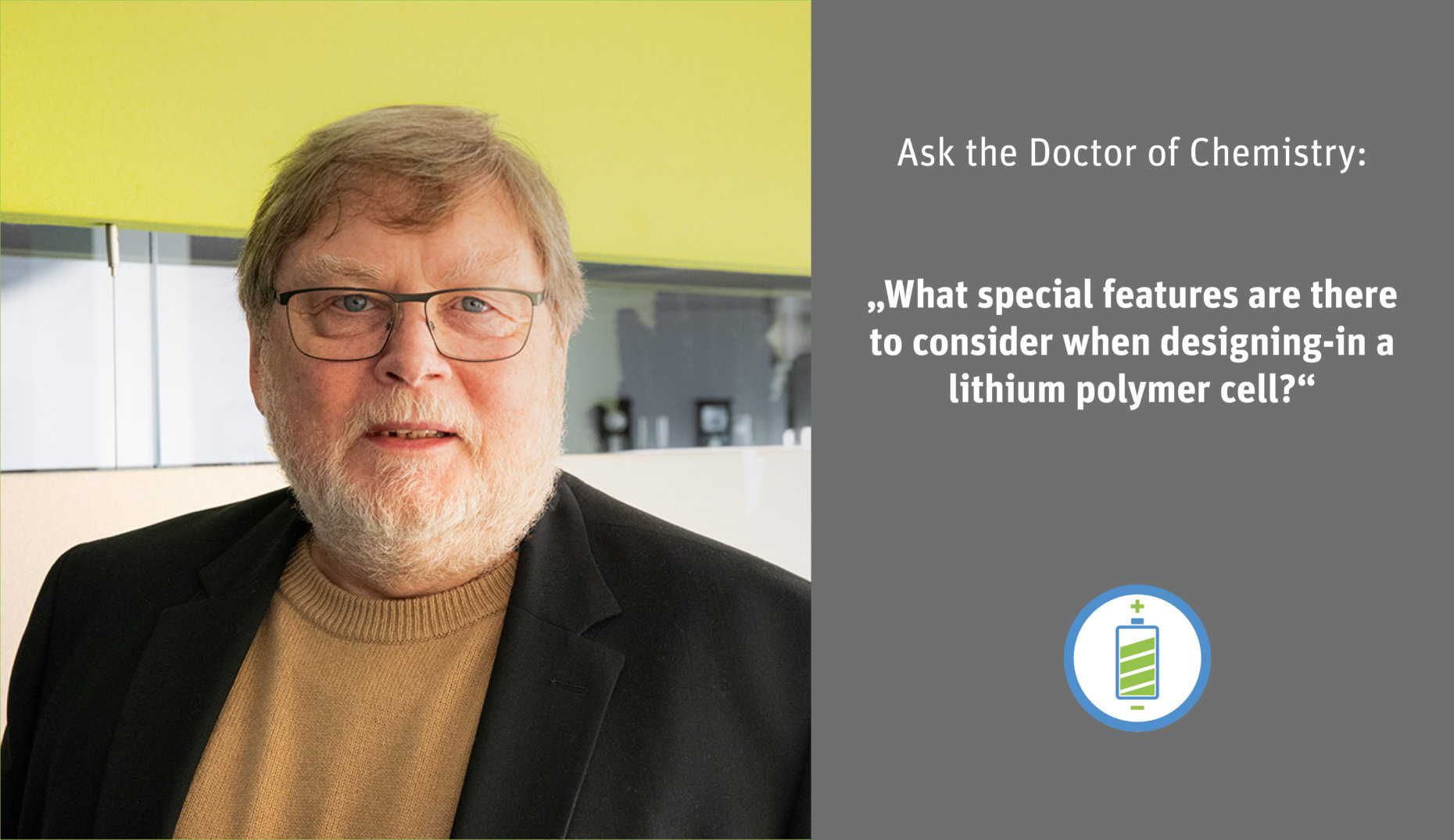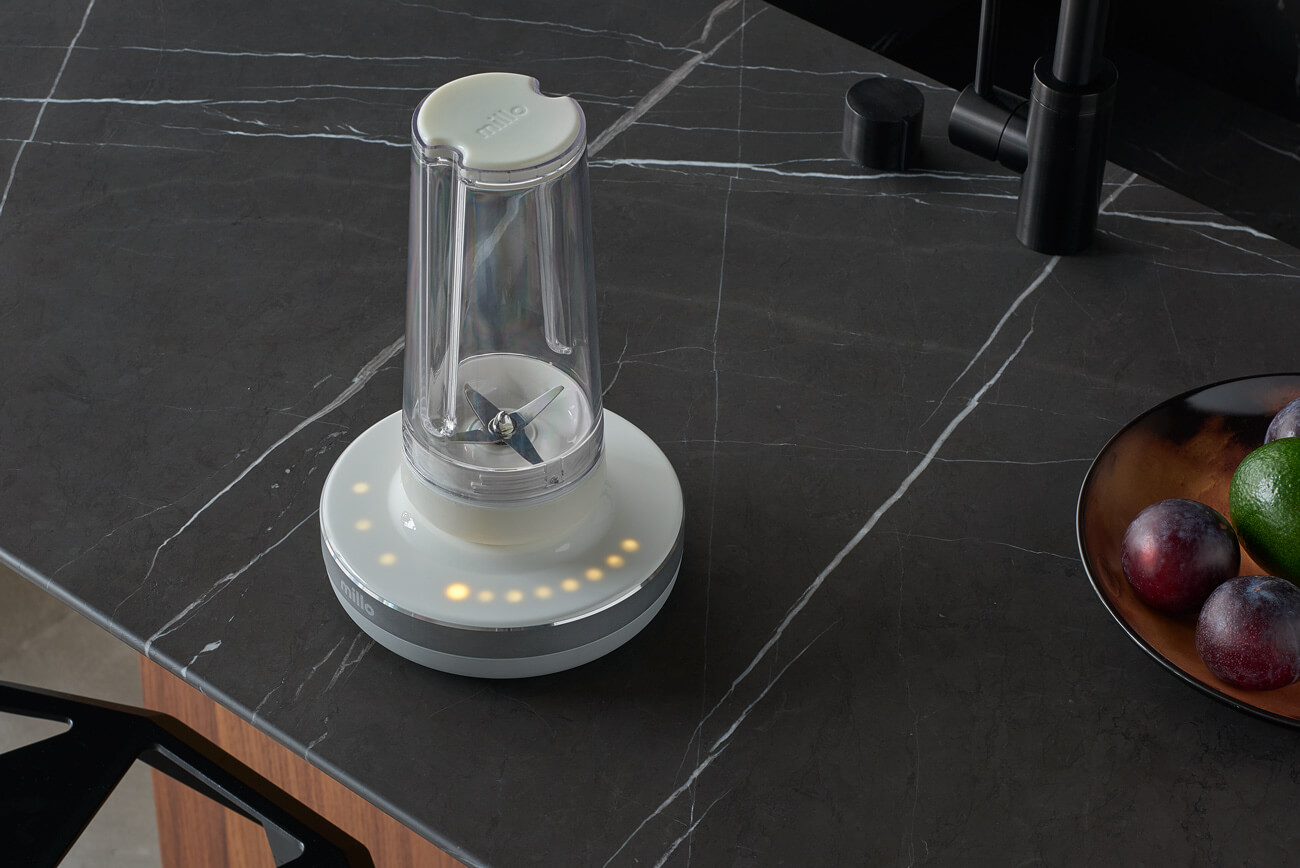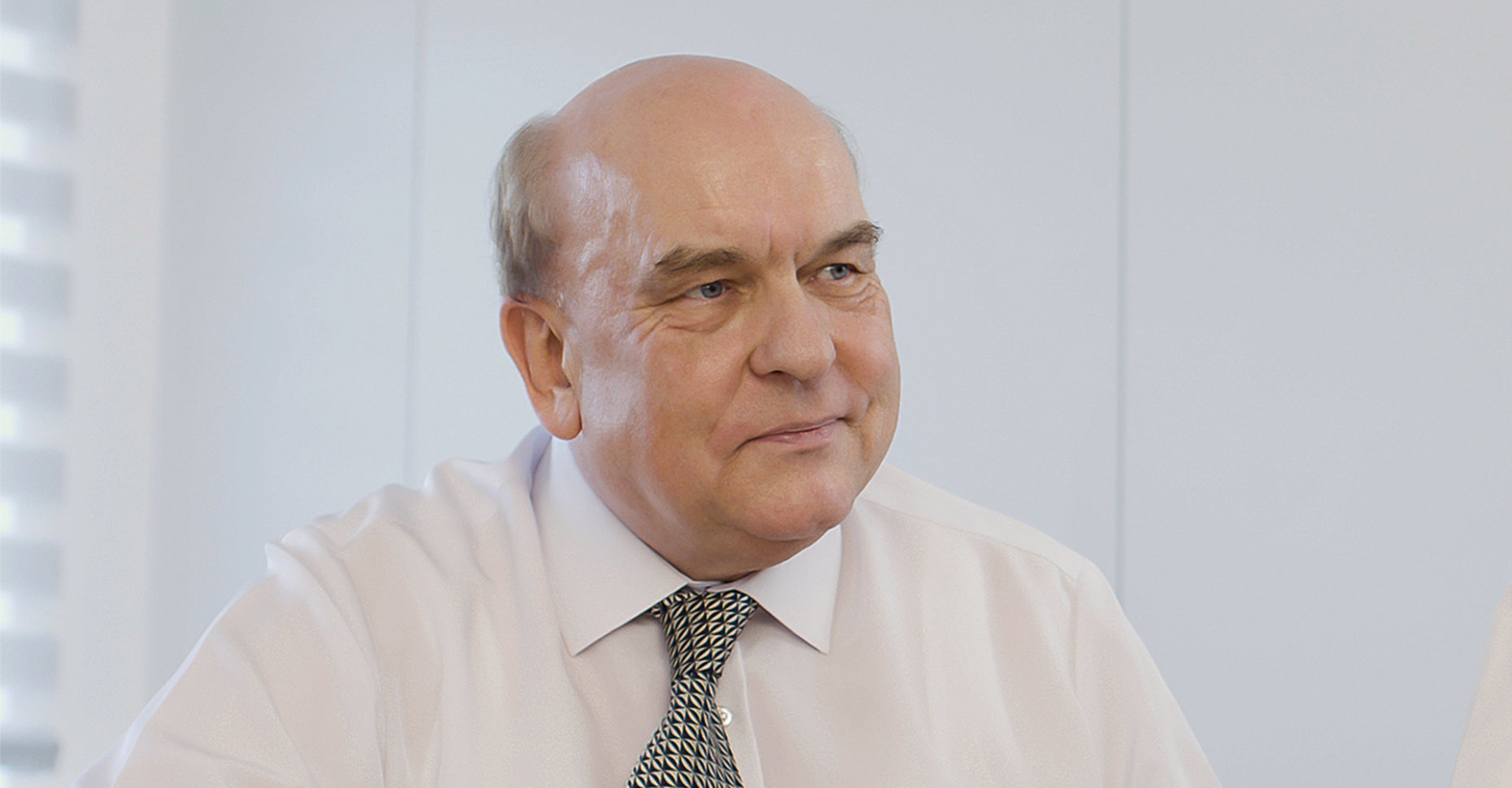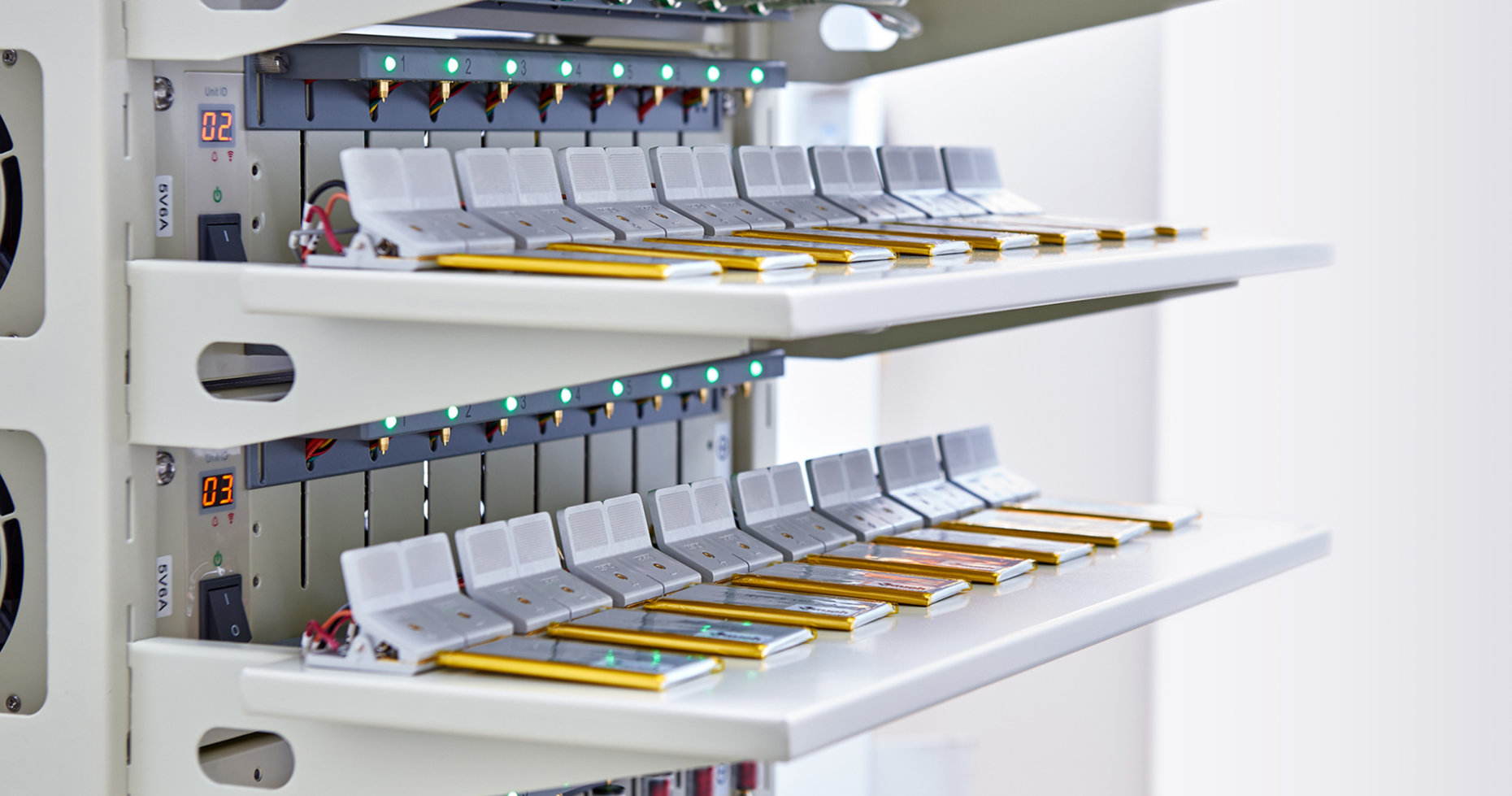One Year of the New European battery Regulation EU 2023/1542 – Interview with Sönke Zacher
One year ago in February 2024 the new European Battery Regulation EU 2023/1542 came into force. What impact does the new regulation have on everyone who deals with batteries in their daily lives? We spoke with Sönke Zacher, Head of Project Management at Jauch: Sönke Zacher: The new battery regulation brings many innovations. It was
- Published in Battery Technology
The New European Battery Regulation EU 2023/1542: What You Need to Know
Did you know that the new European Battery Regulation came into effect last year? This regulation, officially known as “Battery Regulation EU 2023/1542,” introduces numerous changes and higher standards for the sustainability, performance, and labelling of batteries. The new Battery Regulation was published on 28th July 2023, came into force on 17th August 2023, and
- Published in Battery Technology
Lithium polymer vs. lithium thionyl chloride batteries: a comparison
In a world where the demand for powerful and long-lasting batteries is constantly growing, different technologies are competing to meet the needs of a wide range of applications. Among the promising options, rechargeable lithium polymer batteries and primary lithium thionyl chloride batteries are at the top of the list. Both are lithium batteries and are
- Published in Battery Technology, Uncategorized
Battery Safety – The CE Mark
In the development of battery packs, the focus is often only on technical development. However, this alone does not go far enough. After all, new batteries require various certifications so that they can be placed on the market in compliance with the law. Worldwide, there is a multitude of different rules and regulations concerning the
- Published in Battery Technology
Insights into the daily tasks of a project manager: The first steps in battery development projects
In the consumer sector, the decision for the right battery is made quickly. There are standard batteries which fit in consumer applications. However, in the industrial or medical technology sector, the situation is different. For these applications, “off-the-shelf” batteries are often not suitable. There are special requirements concerning safety or space. The solution: individually developed
- Published in Battery Technology
What is the difference between a Protection Circuit Module (PCM) and a Battery Management System (BMS)?
When developing battery packs, the question arises as to which safety system the pack should be equipped with. Is a Protection Circuit Module (PCM) sufficient? Or should a Battery Management System (BMS) be integrated? What are the differences between the mechanisms? And what advantages and functions does which protection mechanism offer? The answer here, as
- Published in Battery Technology
What special features are there to consider when designing-in a lithium polymer cell?
What special features are there to consider when designing-in a lithium polymer cell? An important point, according to battery expert Dr Jürgen Heydecke, is certainly the so-called “swelling”, the natural swelling of a lithium polymer cell in a fully charged state and over cycles. A fully charged cell is thicker than a discharged one. During
- Published in Battery Technology
Customer Success Story: Why Millo Appliances Rely on Jauch – Twice
“If Apple made a blender, this would be it” – the British-American online news portal Mashable nailed it. When it comes to aesthetics and product design, the blender “Millo”, created by the Lithuanian start-up Millo Appliances, is very close to the great idol from Cupertino. Besides its award-winning design, the technology behind “Millo” is particularly
- Published in Battery Technology, Customer Success Stories, Frequency Control Products
No Sign of Saturation – Even After 65 Years
The Jauch Group has grown alongside their frequency control products and – with their early entry into the battery technology market – they are now working in two promising growth areas. “On the 65th anniversary of the company, the signs still point to further expansion,” said Managing Director Thomas Jauch. 65 years ago, Herbert Christian
- Published in The Company
Amendment to UN 38.3: Test Report for Lithium Batteries Becomes Mandatory
January 1st, 2020 was an important date for anyone shipping lithium cells or batteries. From that date forward, all shippers must be able to provide a test summary proving the products shipping have passed the UN 38.3 test for the transport of lithium batteries. This regulation applies to all modes of transport and it applies
- Published in Battery Technology


 Deutsch
Deutsch 